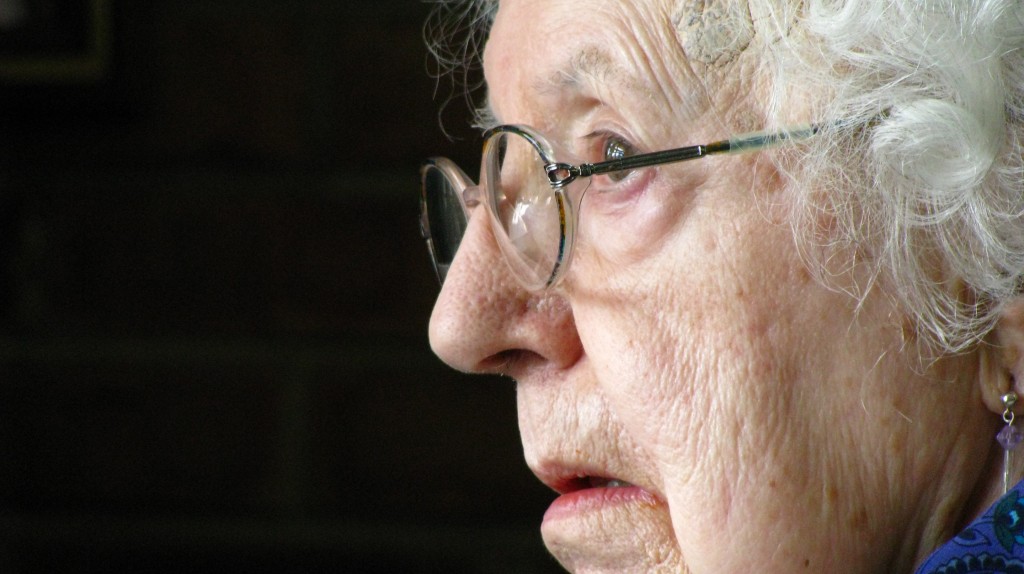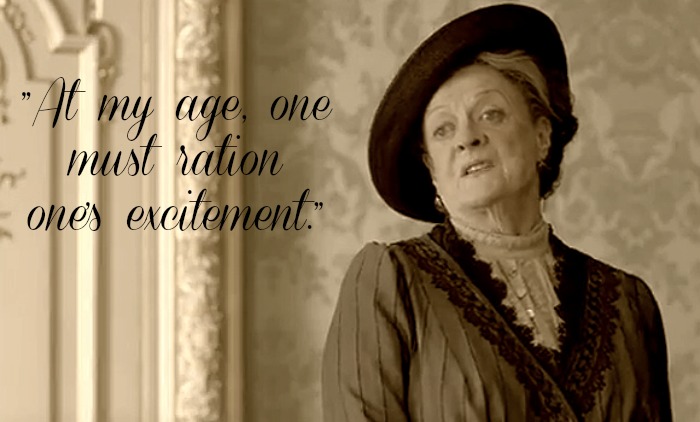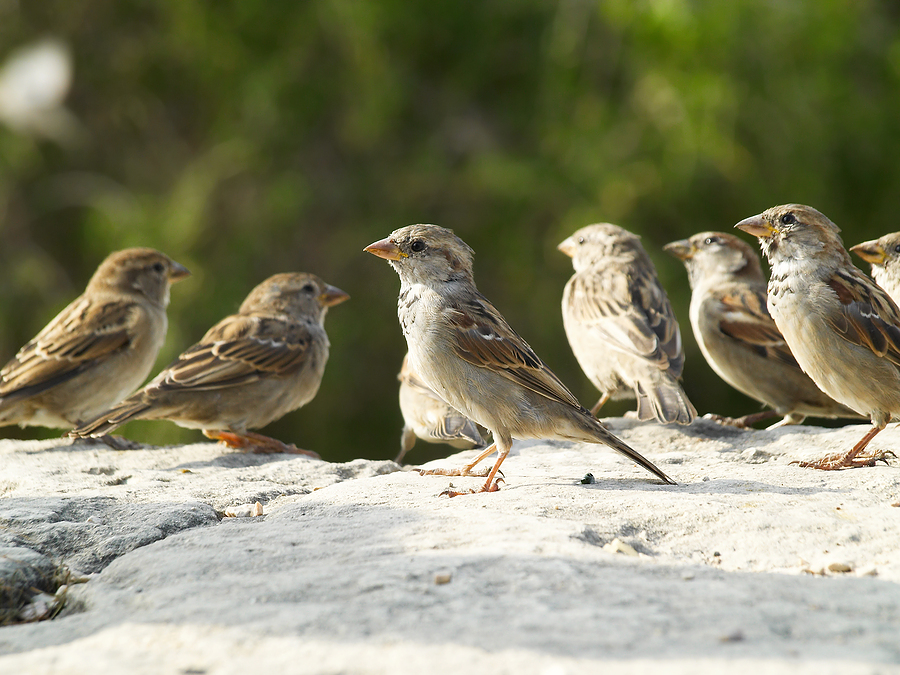De-Sensitized
SO…I spent most of the past week battling some type of cold or flu. Not sure what it was, but besides making me all around miserable and even a permanent resident on my sofa for a couple of those days, it also made me lose all sense of taste and smell. While I can recall having bad colds and flus before, I cannot ever recall losing almost all sense of taste and smell. It’s actually really weird.
It first started with my morning coffee one day last week. It just tasted…off. I dumped it down the drain and tried a different k-cup. Maybe the first one was old. But, no, it was the same thing with the second cup. Coffee is usually one of the first things to go when I have a cold, so I wasn’t all that surprised. But then my fruit-infused water tasted off and basically anything I put in my mouth had no flavor. I could just barely taste salty and really sweet things.
I am still not tasting very well. It makes it very easy not to eat. Maybe someone should look into this for a new weight loss technique?
But, of course, as usual, it got me thinking. Why doesn’t anything taste good? Because I’m sick. Why can’t I smell anything? Because I’m sick.
And I started thinking over the years of my life and how my hunger for God’s Word has grown in the recent years. As a young person, I had a really hard time sitting down to read the Bible. And I wonder if I wasn’t a little like my physical body–so sickened spiritually by all the junk I was taking in or the sinful habits that had ensnared me, that I was de-sensitized to the beautiful, life-changing Word of God.
I think sometimes we wonder why God’s word doesn’t “taste” good to us (Psalm 119:103). We sit down and try to read it and we find it dry and boring. I have been there. But now I realize that it is me– not the Bible– that is the cause of my lack of interest.
If we are making a conscious effort to please God, with a humble heart and a deep desire to be holy, then, while we will make mistakes and still sin (obviously), God’s Word will fill a deep hunger inside us that will be nonexistent otherwise. And it will taste wonderful. Like life-giving water.
I’m still growing and still learning, so this is just a theory. I still have some days where I am reading the Bible and I grow disinterested or distracted. But, after this week’s experience, I may just take my spiritual temperature on those days because I know it is my problem.
You know I believe a very large part of the problem in the modern day church stems from biblical illiteracy. If we don’t know our Bibles we can not really even know God, we won’t be able to discern and defend truth, and we will fall prey to any wind of false doctrine that comes along. If Satan can trap us in a sinful habit or busyness or worldly entertainment, he knows it will diminish our hunger for the bread of life.
Wow. The things you can learn from being sick. I’ll just think about this while I sip my coffee that still tastes like…not much of anything. I am very much anticipating the return of my taste buds!
SEE– 2 Timothy 3:16 Hebrews 4:12 Psalm 119 James 1:21-22









